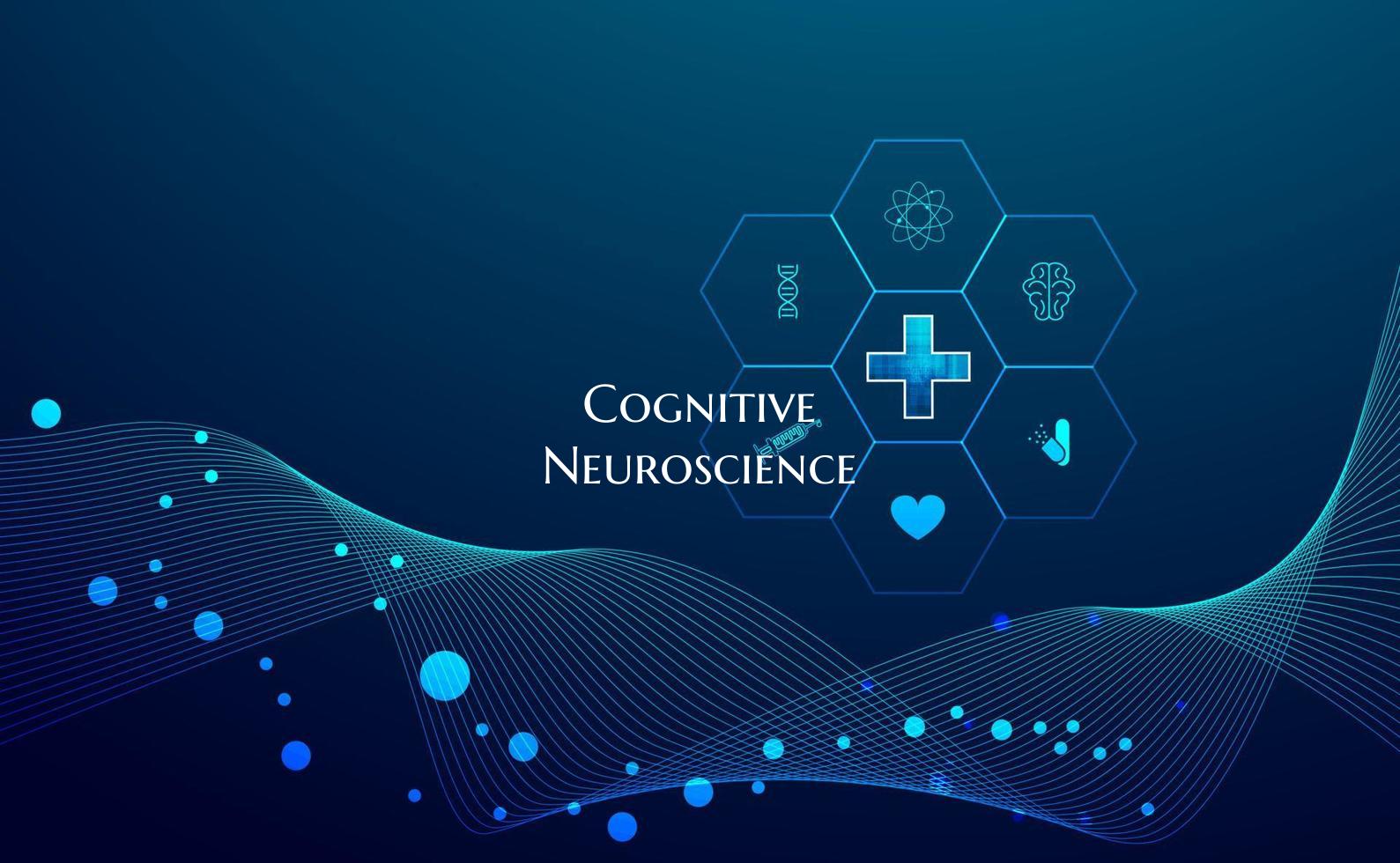
Cognitive Neuroscience
Cognitive Neuroscience: Exploring the Mind-Brain Connection
Cognitive neuroscience is a multidisciplinary field that seeks to understand the neural mechanisms underlying cognitive processes such as perception, attention, memory, language, and decision-making. By studying how the brain functions during these mental activities, cognitive neuroscientists are able to unravel the intricate relationship between the mind and the brain.
At the core of cognitive neuroscience is the idea that mental processes can be understood in terms of the underlying neural circuits that support them. Advances in brain imaging techniques, such as functional magnetic resonance imaging (fMRI) and electroencephalography (EEG), have revolutionized our ability to observe the brain in action. These technologies allow researchers to pinpoint the brain regions involved in specific cognitive functions and to track how these regions communicate and interact with each other.
One of the fundamental questions in cognitive neuroscience is how our thoughts and experiences are encoded in the brain. Researchers have identified complex networks of neurons that are responsible for different aspects of cognition, with each network specialized for specific functions. For example, the visual cortex processes visual information, while the prefrontal cortex is involved in decision-making and executive functions.
Cognitive neuroscience research has practical implications for a wide range of fields, including psychology, medicine, education, and artificial intelligence. By understanding how the brain processes information and generates thoughts and behaviors, researchers can develop more effective treatments for neurological and psychiatric disorders, improve learning techniques, and create intelligent machines that can mimic human cognitive abilities.
In conclusion, cognitive neuroscience offers a fascinating glimpse into the inner workings of the brain and how it gives rise to the mind. By combining insights from neuroscience, psychology, and computer science, researchers are gaining a deeper understanding of the complexities of human cognition and paving the way for exciting new discoveries in the field of brain research.